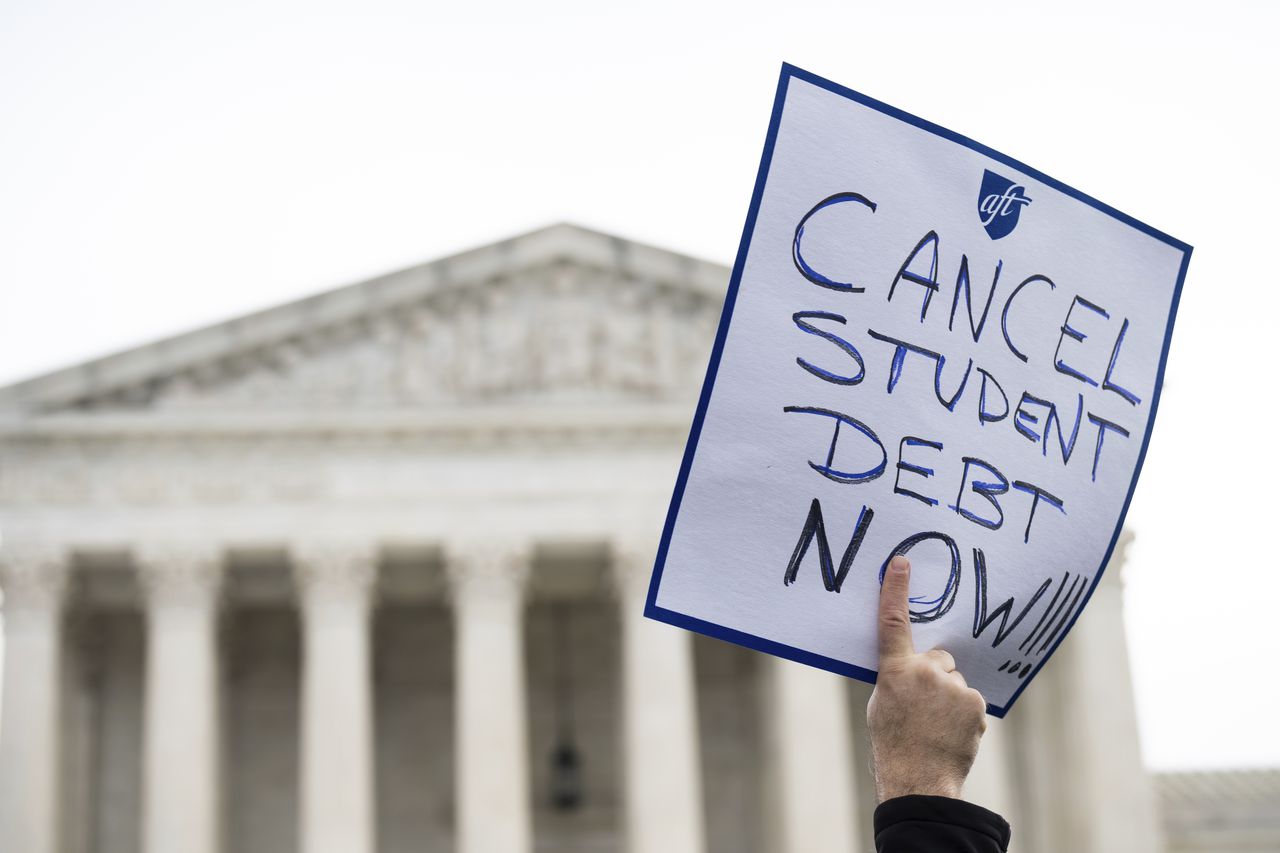What to know about 4 major Supreme Court cases to be decided this week
There are seven cases left before the Supreme Court goes on summer break, with opinions to be released Thursday at 10 a.m. ET and Friday at 10 a.m. ET. As is typical, the last opinions to be released cover some of the most contentious issues facing the court this term. Here are the four that should be on your radar.
Affirmative action: Students for Fair Admissions, Inc. (SFAI) v. President and Fellows of Harvard & SFAI v. University of North Carolina
The future of affirmative action in higher education hangs in the balance as the Supreme Court revisits its long-standing support for this policy. Two cases from Harvard and the University of North Carolina have put that precedent at risk. In late October, when SCOTUS listened to arguments in these cases, the conservative justices raised serious concerns about the practice, casting doubt on its future.
The Biden administration has said that getting rid of race-conscious college admissions would have a “destabilizing” effect that would cause the ranks of Black and Latino students to plummet at some of the nation’s more selective schools. Eliminating affirmative action could determine how institutions approach diversity and inclusion in education.
Student loans: Biden v. Nebraska & Department of Education v. Brown
The fate of President Joe Biden’s ambitious plan to cancel or reduce the burden of student loans for millions of Americans is also at stake. Biden had proposed erasing $10,000 in federal student loan debt for those with incomes below $125,000 a year, or households that earn less than $250,000. He also wanted to cancel an additional $10,000 for those who received federal Pell Grants to attend college.
What was once a promising initiative now faces a challenging road ahead. Back in February, when the court listened to arguments in the case, the plan’s survival seemed uncertain. However, a sliver of hope remains that the justices could rule in favor of it, dismissing the challengers and allowing it to proceed.
Regardless of what happens at the high court, loan payments that have been on hold since the start of the pandemic will resume starting in October. Student loan debt disproportionately impacts Black and Latino borrowers, especially women. Cancelling student debt is not only an economic justice issue, but a racial one as well.
Gay rights: 303 Creative LLC v. Elenis
This case revolves around a Christian graphic artist based in Colorado who wants to begin designing wedding websites but does not want to create websites for same-sex couples. The conflict arises from a state law that mandates businesses open to the public provide services to all customers regardless of their sexual orientation. However, the artist, Lorie Smith, argues that this law infringes upon her freedom of speech.
If Smith prevails, a range of businesses will be able to discriminate against customers, refusing to serve folks based off race, faith, immigration status, gender or even discriminating against interracial or interfaith couples.
Religious rights: Groff v. DeJoy
This case involves a Christian mail carrier who refused to work on Sundays, the “Lord’s Day,” when he was required to deliver Amazon packages. The question for the high court has to do with when businesses must accommodate religious employees. During the arguments presented in April, both liberal and conservative justices appeared to share a broad consensus that businesses, including federal entities like the Postal Service, cannot reject requests for religious accommodations based on minor costs or hardships.
The outcome of this case holds significance beyond the immediate circumstances of the mail carrier. It has the potential to shape the landscape of religious rights and the obligations of businesses for years to come.
